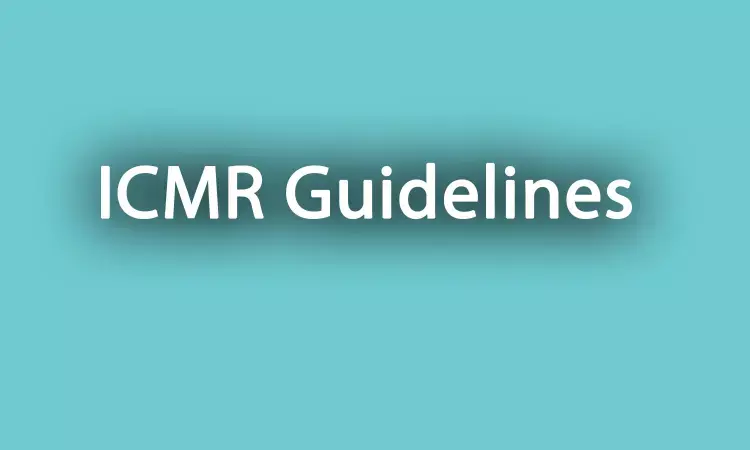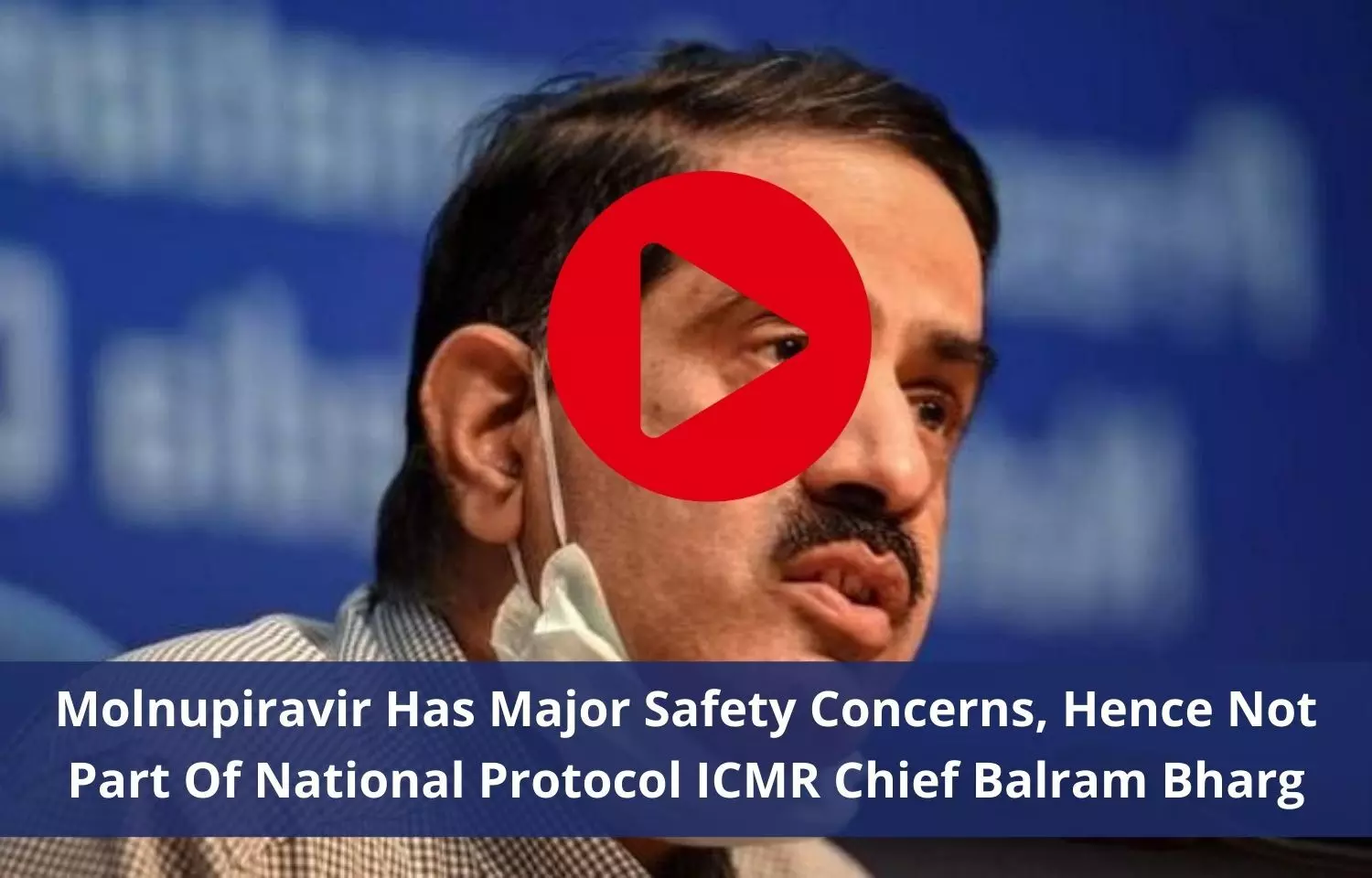- Home
- Medical news & Guidelines
- Anesthesiology
- Cardiology and CTVS
- Critical Care
- Dentistry
- Dermatology
- Diabetes and Endocrinology
- ENT
- Gastroenterology
- Medicine
- Nephrology
- Neurology
- Obstretics-Gynaecology
- Oncology
- Ophthalmology
- Orthopaedics
- Pediatrics-Neonatology
- Psychiatry
- Pulmonology
- Radiology
- Surgery
- Urology
- Laboratory Medicine
- Diet
- Nursing
- Paramedical
- Physiotherapy
- Health news
- Fact Check
- Bone Health Fact Check
- Brain Health Fact Check
- Cancer Related Fact Check
- Child Care Fact Check
- Dental and oral health fact check
- Diabetes and metabolic health fact check
- Diet and Nutrition Fact Check
- Eye and ENT Care Fact Check
- Fitness fact check
- Gut health fact check
- Heart health fact check
- Kidney health fact check
- Medical education fact check
- Men's health fact check
- Respiratory fact check
- Skin and hair care fact check
- Vaccine and Immunization fact check
- Women's health fact check
- AYUSH
- State News
- Andaman and Nicobar Islands
- Andhra Pradesh
- Arunachal Pradesh
- Assam
- Bihar
- Chandigarh
- Chattisgarh
- Dadra and Nagar Haveli
- Daman and Diu
- Delhi
- Goa
- Gujarat
- Haryana
- Himachal Pradesh
- Jammu & Kashmir
- Jharkhand
- Karnataka
- Kerala
- Ladakh
- Lakshadweep
- Madhya Pradesh
- Maharashtra
- Manipur
- Meghalaya
- Mizoram
- Nagaland
- Odisha
- Puducherry
- Punjab
- Rajasthan
- Sikkim
- Tamil Nadu
- Telangana
- Tripura
- Uttar Pradesh
- Uttrakhand
- West Bengal
- Medical Education
- Industry
ICMR issues new guidelines for COVID-19 tests

New Delhi: The Indian Council of Medical Research issued an advisory on 10th January titled, "Purposive Testing Strategy for COVID-19 in India", where it laid down guidelines on who may or may not get tested for Covid-19 amidst the rising cases in India presently.
Under community settings, symptomatic individuals; at-risk contacts, i.e elderly and individuals with co-morbidity such as diabetes, hypertension, chronic lung or kidney disease, malignancy, obesity etc, of laboratory confirmed cases; individuals undertaking international travel, and international travelers arriving at Indian airports/seaports/ports of entries are required to get tested for Covid-19.
Also Read:ICMR Virology Head accused of plagiarism, denies allegations
For those under hospital settings, the ICMR stated some guidelines that could be followed after considering the advice from the treating doctor. It stated:
- No emergency procedure (including surgeries and deliveries) should be delayed for lack of a test.
- Patients should not be referred to other facilities for lack of a testing facility. All arrangements should be made to collect and transfer samples to testing facilities, mapped to the health facility.
- Asymptomatic patients undergoing surgical / non-surgical invasive procedures including pregnant women in/near labour who are hospitalized for delivery should not be tested unless warranted or symptoms develop
- Admitted patients may not be tested more than once a week.
However, the people who are not required to get tested are:
- Asymptomatic individuals in community settings
- Contacts of confirmed cases of COVID-19 unless identified as high risk based on age or comorbidities
- Patients who stand discharged as per home isolation guidelines
- Patients being discharged from a COVID-19 facility as per revised discharge policy
- Individuals undertaking inter-state domestic travel
It stated that testing could be undertaken either through rRT-PCR, TrueNat, CBNAAT, CRISPR, RT-LAMP, Rapid Molecular Testing Systems or through Rapid Antigen Test (RAT). However, it noted that a home or self-test / rapid antigen testing and molecular test (which are rRT-PCR, TrueNat, CBNAAT, CRISPR, RT-LAMP, Rapid Molecular Testing Systems, Newer SARS-CoV-2 Omicron or variant detection rRTPCR assays) could be confirmatory which would require any repeat testing. And symptomatic individuals testing negative are required to undertake RTPCR test as detailed in the algorithm.
It also directed all the RTPCR and RAT tests to be uploaded on the ICMR portal. It further states that the vaccination status of those testing for Covid-19 though any method should be entered into the Sample Referral Form (SRF) in the RTPCR app.
It states, "genome sequencing is to be performed only in a subset of positive samples as per recommendations of INSACOG", reasoning that the sequencing is conducted for surveillance purposes.
Citing quicker detection of newer variants, it notes, "The newer SARS-CoV-2 Omicron or variant detection rRTPCR assays are recommended to be used in areas with limited genomic surveillance capacity for quick detection of emergence of newer variants in such areas."
The guidelines issued by the ICMR could be accessed here.
 Also Read:Molnupiravir not a part of National Protocol due to safety concerns says ICMR Chief Balram Bharg
Also Read:Molnupiravir not a part of National Protocol due to safety concerns says ICMR Chief Balram Bharg
Revu is currently pursuing her masters from University of Hyderabad. With a background in journalism, she joined Medical Dialogues in 2021.


